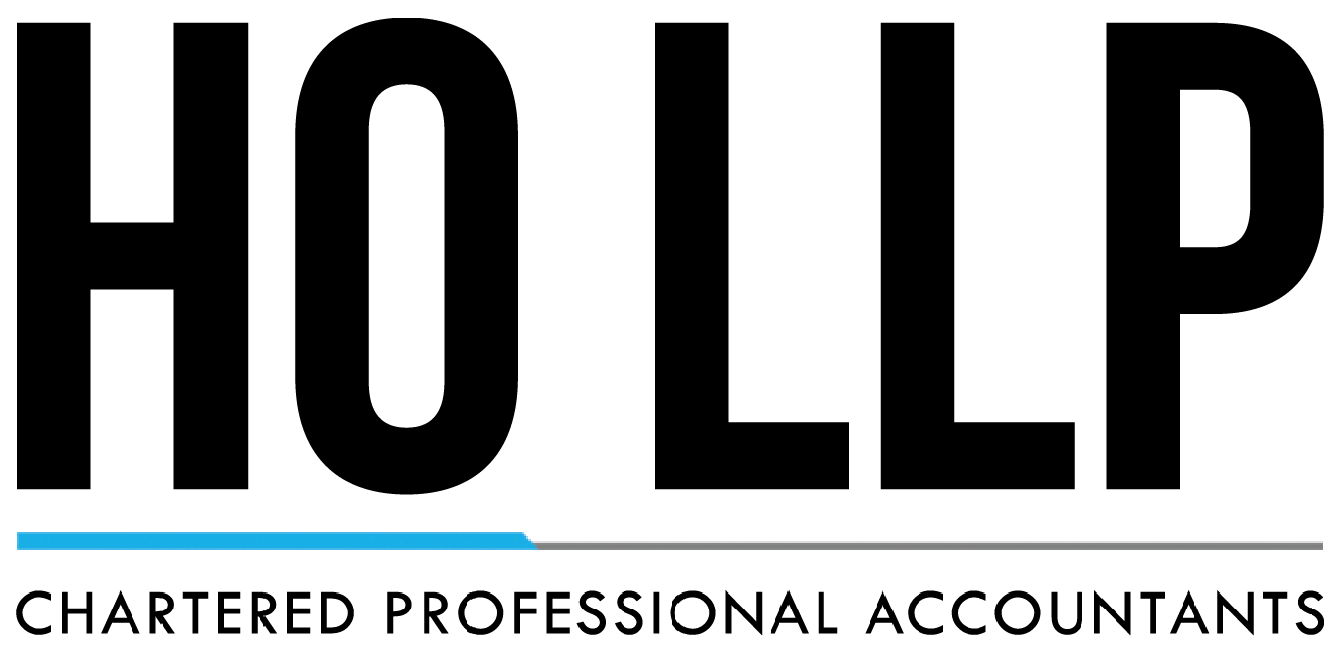
You have tax questions; we have answers. Our goal is to give you more time and better resources to do what you do best. If you’ve recently been audited, planning a merger, or just looking to get your year-end taxes in order, we can help. Read some of our frequently asked questions to learn more.
Our team is ready and waiting to get started to meet your unique needs. Contact us now.
Why should I consider moving to your firm?
- Personal proactive approach to your accounting and tax needs.
- We work exclusively with small to medium-sized businesses—consequently, you are important to us.
- Tailor-made personal tax plan.
- We are approachable and accessible when you have questions.
- It is our goal to help your business run smoother.
- You get the expertise of professional accountants (Certified General Accountants, Chartered Accountants).
Why do you prefer to do all bookkeeping taxes and year end?
Bookkeeping is an entirely unregulated profession and we find that, in many cases, we can do the bookkeeping for the entire year easier than fix up the bookkeeping errors. This also allows us to be more proactive in your tax planning. Consequently, you get the benefit of having your bookkeeping done by a professional accounting firm for a net cost of less than that of paying a bookkeeper and accountant separately. We believe it results in a better end product.
Should I buy a vehicle within my company or personally?
There are a number of considerations. When you purchase your vehicle within your company, it belongs to the company. However, there is a taxable benefit to you personally whenever it is used for personal use such as running down to Mac’s to pick up some milk or transportation to and from work, etc. You must keep a log of vehicle use and any personal portion; there is mileage and standby charge that must be included on your T4 at calendar year end. To calculate this amount, see Canada Revenue Agency’s (CRA) automobile benefits online – calculator.
What is a shareholder loan?
Whenever a personal transaction is included in your company, it is considered a shareholder loan. There are many regulations around shareholder loans, but the one you really need to know is that at year end the shareholder loan cannot be in a receivable position. In plain terms, you cannot borrow money from your company except for a very limited number of exceptions. If the shareholder loan is in a debit at year end then usually a dividend will be declared to clear this balance.
What are some ways I can provide for myself and my family?
So your company is making money and you need to pay yourself some wages. There are four basic ways to get money out. They are:
- Management fees
- Dividends
- Wages
- Employee profit sharing plan
Of course, the pros and cons to each need to be considered depending on your needs and projected future income. CRA is now requiring slips for all types of income, management fees and wages, you must at least pay the CPP before year end.
What are bonuses?
Bonuses are a tax deferral method. The company can deduct the wages expense in a given year but the actual funds are not paid out until the following fiscal year. The bonus must be paid out within 180 days of year end or the expense must be included in the prior year. This means resubmitting the taxes return and modifying the financial statements.
How do I purchase a company?
There are two basic ways, purchase the shares or purchase the assets. If you purchase the shares you get everything that comes with the company including any unknown liabilities such as pending court action or environmental issues, etc. For this reason, I recommend against share purchase unless you are very comfortable with the company and the risks.
The second method is that of purchasing the assets of the company. This can include intangible assets such as goodwill client lists, etc. When you choose this method, you eliminate the problem of purchasing components of the business you don’t want. You also eliminate the problem of inheriting hidden liabilities.
In both cases, you want to purchase the old company with your new company and pay for either the shares or assets out of your new company. These results in substantial tax savings. Please see me and let me assist you in the transactions, as things can quickly become complicated.
Should I incorporate?
Two basic reasons to incorporate are tax savings and liability protection.
Tax savings: the current Canadian controlled small business tax rate is about 16% including provincial tax (Alberta) while the minimum personal tax rate in Alberta is 25.5% and goes up to 39% so the corporate rate is significantly less. This allows you to reinvest the money into the development of your business. However, the tax savings really only apply if your company is making money and not paying it all out to employees.
Liability protection: A corporation is considered a separate entity from the shareholders and directors; this gives them protection against legal action as they are separate from the company. There are exceptions to this: if there is any evidence of fraud then there is little or no protection.
What materials do I need to bring in to have my year-end completed?
- Bank statements
- Cheque stubs or canceled cheques
- Cash and Visa receipts
- Last 3 years personal tax returns
- Last 2 years corporate tax returns
- List of business assets and their cost
- Payroll records
- Any correspondence from CRA
- List of business expenses paid out of personal account (cash and Visa receipts)
- GST returns for prior and current year
For more information, please contact us.
